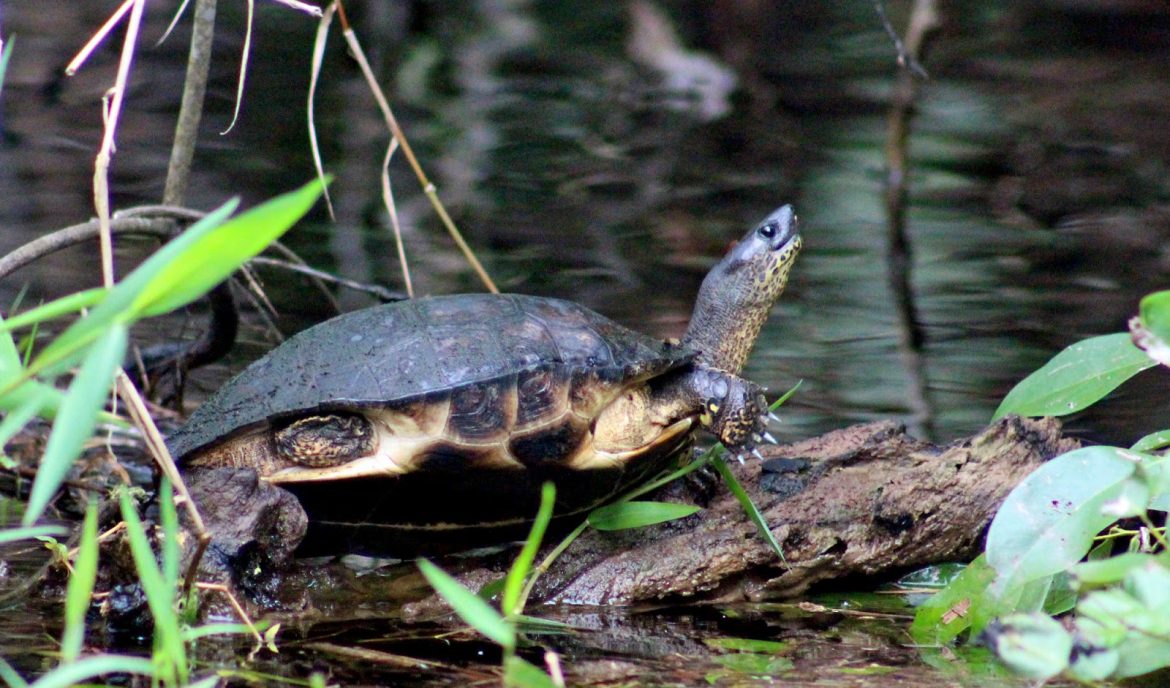In a startling wildlife trafficking case, agents from Costa Rica’s Judicial Investigation Organization (OIJ) have apprehended a 33-year-old native, known by the surname Morales, under the suspicion of harboring and trafficking exotic animals. The arrest unfolded in the serene backdrop of Paraiso Canton in Cartago Province, where Morales was allegedly maintaining a mini menagerie of non-native species, including several emus and a trove of black river turtles.
The Tip-Off and Investigation
The case sprang to life following an anonymous tip about Morales’s unusual collection of wildlife. Investigators learned that Morales was not just keeping these exotic creatures as pets but was purportedly peddling them on social media, turning a hefty profit on the black market. What ensued was a carefully coordinated raid on his property, where law enforcement officials were met with the sight of three adult emus, an emu chick, and over thirty turtles—all of which are not native to the lush landscapes of Costa Rica.
Unraveling the Emu Enigma
The emu, scientifically recognized as Dromaius novaehollandiae, is indigenous to Australia and stands as the world’s second-tallest living bird, shadowed only by its African cousin, the ostrich. Known for their impressive bipedal sprinting capability, reaching speeds up to 30 mph, and their omnivorous diet, emus are a far cry from the typical wildlife one would expect to find in the Central American nation. Their presence on Morales’s property raises significant questions about wildlife smuggling channels into Costa Rica.
The Plight of the Black River Turtle
Alongside the emus, the black river turtle, or Rhinoclemmys funerea, although native to Costa Rica, is often targeted by illegal wildlife traders due to its distinctive appearance and the allure of owning exotic pets. The conservation status of these turtles makes the case particularly egregious, highlighting the ongoing challenges faced by local and international wildlife protection agencies.
Legal Repercussions and Wildlife Laws
Morales now faces serious charges under Costa Rican law, which strictly prohibits the commercial trade of wildlife, both native and non-native species. The country’s stringent wildlife conservation laws are designed to combat the illegal pet trade and protect biodiversity, especially of species that are not endemic to the region.
Broader Implications for Wildlife Conservation
This incident is a stark reminder of the pervasive challenge of wildlife trafficking and the need for continuous vigilance and cooperation between law enforcement and conservationists. The sale of endangered species and exotic pets remains a lucrative business, driven by high demand in black markets around the world.
As the authorities delve deeper into this case, the focus will also shift to the routes through which these animals were smuggled into the country and the potential networks involved. The outcome of this case could set a precedent for future enforcement and conservation efforts across the region.
For now, the animals have been seized and will likely be rehomed in conservation centers where they can live out their lives in appropriate conditions, far from the grips of illegal trade.

